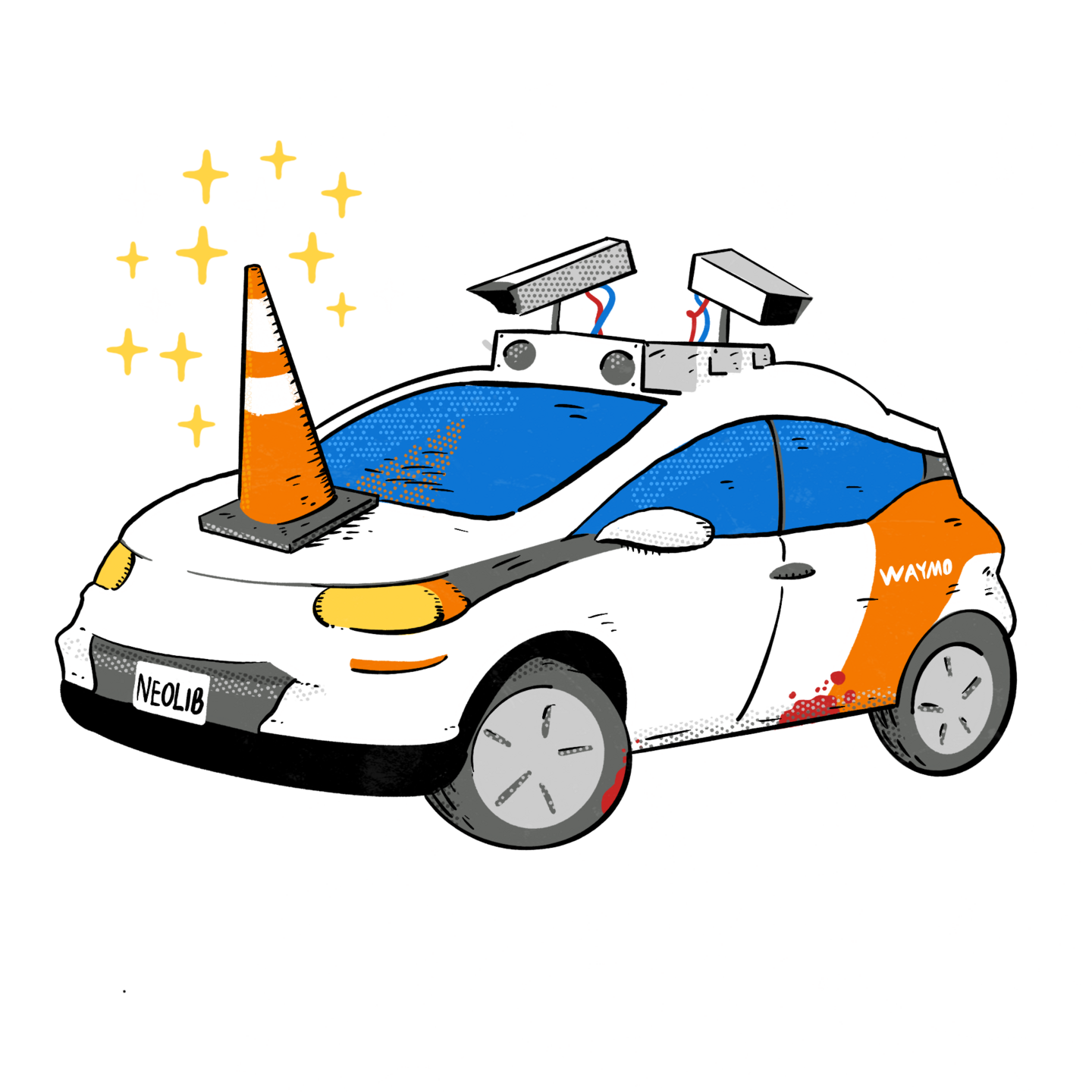
SF Examiner – Court rejects San Francisco’s Waymo challenge
Editors note: the final rejection of the lawsuit will not have a noticeable impact because the lawsuit was with respect to the CPUC decision from October 2023 that allowed Waymo and Cruise to provide robotaxi service citywide. The ruling simply means that the robotaxi service will not be suddenly curtailed.
See original article by Adam Shanks at the San Francisco Examiner
A state court has rejected San Francisco’s legal challenge against the California regulators who granted Waymo’s license to operate.
In a lawsuit filed in December 2023, The City claimed that the California Public Utilities Commission had erred and abdicated its responsibilities when it handed Waymo and Cruise permits to expand their fleets and accept paying passengers in San Francisco.
But on Tuesday a three-member panel of the California 1st District Court of Appeal unanimously denied The City’s request to have the CPUC’s decision overturned.
The loss comes as the presence of autonomous vehicles becomes increasingly normalized in San Francisco, despite the suspicions and doubts aired by local elected leaders, public-safety officials and powerful labor unions.
In a statement, the City Attorney’s Office did not clarify whether it plans to appeal the decision and said it was reviewing its next steps.
In a 47-page opinion, Justice Kathleen M. Banke wrote that The City had failed to prove that the CPUC had granted Waymo a permit to operate without the company meeting the legal requirements for one.
San Francisco’s claim was centered on the belief that the CPUC had not adequately considered the risks autonomous vehicles posed to public safety.
The court, which noted its ability to intervene in CPUC decisions is “limited,” disagreed.
“The record discloses the Commission considered and responded to Petitioners’ safety concerns,” Banke wrote. “It further discloses that few of the incidents that Petitioners brought to the attention of the Commission involved Waymo driverless AVs, each was minor, and none involved injuries.”
In a statement issued in response to the decision, City Attorney David Chiu’s office actually credited Waymo for being a “good actor,” but warned that not every company would be.
“This challenge was about protecting public safety, putting reasonable guardrails and information sharing practices in place, and ensuring our state regulatory agencies do their due diligence before subjecting the public to new, powerful technologies,” Jen Kwart, a spokesperson for Chiu, said in a statement. “We believe the CPUC’s process was inadequate and the decision to allow for unfettered expansion of AVs in San Francisco was premature.”
Since autonomous vehicles took to San Francisco streets, city officials have tracked — and decried — several incidents in which they impeded first responders or acted erratically, such as by driving into pools of wet cement.
The court considered the laundry list of Waymo-related incidents cited by the City Attorney’s Office, but disagreed with its conclusion, noting that they were of a “relatively minor nature” and did not end in serious injury.
The City had argued that autonomous vehicles were less safe than those driven by humans, but the court rejected its math. Instead, it sided with the CPUC, which countered that San Francisco’s math was extrapolated from the relatively few roadmiles driven by autonomous vehicles “and then comparing [that extrapolation] to a national average without normalizing for factors such as roadway type (e.g. arterial vs. local street) or land use context (e.g., urban, suburban, or rural) introduces an unacceptably high degree of statistical error and uncertainty.”
As an example of state regulators’ ability to react to safety problems, the court’s decision makes note of the most high-profile safety AV-related incident to occur in San Francisco to date, which did not involve Waymo. Instead, it was a collision that ultimately sparked the downfall of Cruise, the autonomous-vehicle company that has since been terminated by its owner, General Motors.
In that case, a Cruise autonomous struck a woman who was lying on the street after she had been struck by a different human-driven vehicle. The Cruise vehicle apparently failed to recognize the presence of the woman beneath it, and proceeded to drag her for about 20 feet as it sought to pull over.
The CPUC revoked Cruise’s license to operate after it determined that Cruise had withheld evidence related to the incident from state regulators. Cruise had started the application process to return to city streets last spring, but in December General Motors announced it was pulling the plug on Cruise.
See original article by Adam Shanks at the San Francisco Examiner
